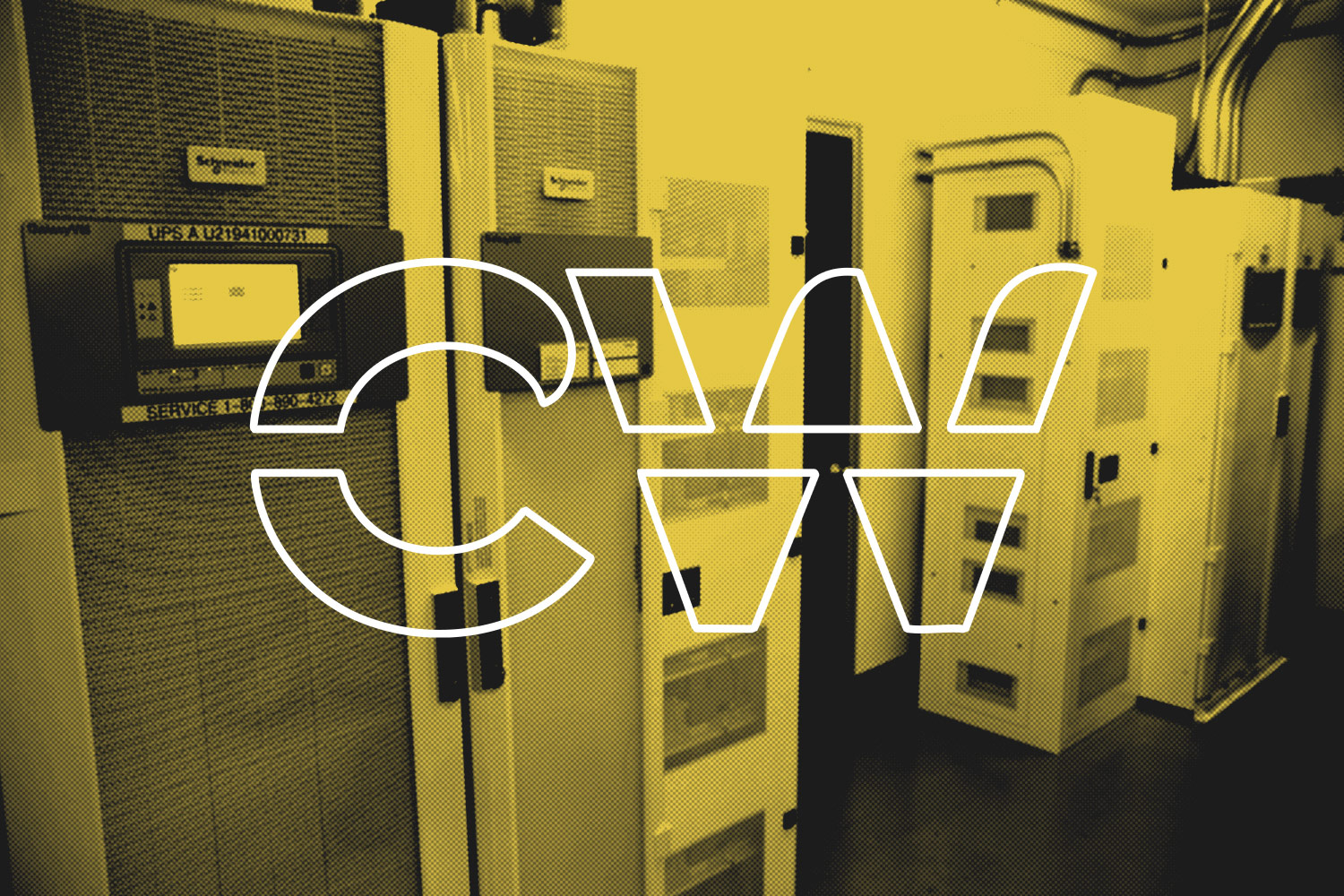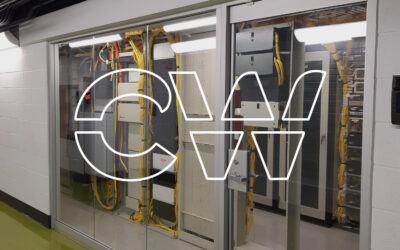Innovations Shaping the Future
The future of carrier hotels is being shaped by several key innovations
Edge Computing Integration
As the demand for low-latency applications grows, carrier hotels are increasingly integrating edge computing capabilities. This means processing data closer to the end-user, reducing latency, and improving performance for applications like IoT, gaming, and autonomous vehicles. Carrier hotels are evolving to become edge data centers, providing the infrastructure needed for a decentralized computing architecture.
Sustainability Practices
The digital industry is under growing pressure to reduce its carbon footprint. Innovations in green technology, including the use of renewable energy sources, advanced cooling technologies, and energy-efficient building designs, are becoming prevalent in carrier hotels. These practices not only reduce environmental impact but also cut operational costs, making sustainable operation a competitive advantage.
Enhanced Security Measures
As the hubs of data exchange, carrier hotels are prime targets for cyber and physical security threats. Innovations in security, including biometric access controls, advanced encryption methods, and sophisticated monitoring systems, are being implemented to protect these critical infrastructures from both physical and digital breaches.
Automation and AI Integration
The complexity and scale of operations within carrier hotels are driving the adoption of automation and artificial intelligence (AI). From automated network provisioning to AI-driven threat detection and energy management, these technologies are making carrier hotels more efficient, resilient, and capable of handling the growing demands of the digital world.

Emerging Trends
Several trends are emerging alongside these innovations, shaping the future of carrier hotels
Consolidation and Expansion
The industry is witnessing a trend towards the consolidation of carrier hotel providers, leading to the emergence of larger, more resilient, and more capable facilities. At the same time, there’s a geographic expansion, with new carrier hotels being established in strategic locations to serve emerging markets and reduce latency for global communications.
Increased Demand for High-Capacity Connections
The explosion of data generation and consumption is driving demand for high-capacity interconnections. This trend is pushing carrier hotels to upgrade their infrastructure, offering higher bandwidth and faster speeds to accommodate the surge in data traffic.
Partnerships and Ecosystem Development
Carrier hotels are increasingly becoming ecosystems where different digital and telecommunication services converge. Partnerships between carriers, cloud providers, content delivery networks, and other digital service providers are becoming common, creating a rich environment for innovation and collaboration.
Regulatory and Policy Influences
As critical components of national and global communications infrastructures, carrier hotels are subject to increasing regulatory scrutiny. Policies focusing on cybersecurity, data sovereignty, and infrastructure resilience are influencing how carrier hotels operate and how they plan for the future.



